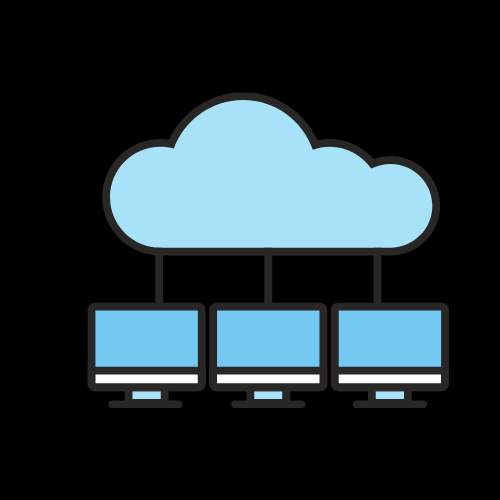[ad_1]
HIPAA (Health Insurance Portability and Accountability Act) compliant email marketing is crucial for healthcare professionals. It ensures the protection of sensitive patient information and helps to maintain the trust between healthcare providers and their patients. In this article, we will discuss 8 reasons why HIPAA compliant email marketing is important for healthcare professionals, and how it can benefit their practices.
1. Protection of Patient Information
HIPAA compliant email marketing ensures that patient data is protected and secure. Healthcare professionals deal with highly sensitive information, including medical records, treatment plans, and personal contact details. Using non-compliant email marketing services puts patient information at risk of being compromised, which can be detrimental to both the patient and the healthcare provider.
2. Legal Compliance
By using HIPAA compliant email marketing services, healthcare professionals can ensure that they are in compliance with federal regulations. Violating HIPAA regulations can result in severe penalties and legal consequences, making it essential for healthcare providers to utilize compliant email marketing tools to avoid any potential breaches of patient confidentiality.
3. Maintaining Patient Trust
Patients expect healthcare providers to handle their information with the utmost care and confidentiality. By utilizing HIPAA compliant email marketing, healthcare professionals can assure their patients that their personal information is safe and secure. This helps in building and maintaining trust between patients and healthcare providers, leading to better patient engagement and loyalty.
4. Improved Communication
HIPAA compliant email marketing allows healthcare professionals to communicate effectively with their patients and colleagues. By using secure email platforms, healthcare providers can share important medical updates, appointment reminders, and educational resources with their patients, thereby improving overall patient engagement and care.
5. Enhanced Marketing Strategies
Healthcare professionals can also benefit from HIPAA compliant email marketing when it comes to promoting their services and maintaining a consistent outreach to their patient base. With the use of compliant email marketing tools, healthcare providers can create targeted and personalized email campaigns, promoting services, events, and educational content to their patients and community.
6. Secure Transmission of Information
Using HIPAA compliant email marketing ensures that all sensitive information is securely transmitted between healthcare providers and their patients. This helps in protecting patient privacy and confidentiality and reduces the risk of unauthorized access to patient data, ultimately leading to a more secure exchange of information.
7. Streamlined Workflow
HIPAA compliant email marketing tools can also help in streamlining the workflow for healthcare professionals. By using secure email platforms, healthcare providers can easily manage their patient communications and administrative tasks, saving time and helping in delivering better patient care.
8. Competitive Advantage
Lastly, HIPAA compliant email marketing can provide healthcare professionals with a competitive advantage in the industry. By demonstrating their commitment to patient privacy and confidentiality, healthcare providers can attract and retain more patients, ultimately leading to a thriving and successful practice.
In conclusion, HIPAA compliant email marketing is a crucial aspect of healthcare practices. By using secure email platforms and compliant marketing tools, healthcare professionals can protect patient information, maintain legal compliance, build patient trust, improve communication, enhance marketing strategies, securely transmit information, streamline workflow, and gain a competitive advantage in the industry. Investing in HIPAA compliant email marketing is not only a best practice but a necessary step for healthcare professionals to ensure the protection and privacy of their patients’ data.
[ad_2]
